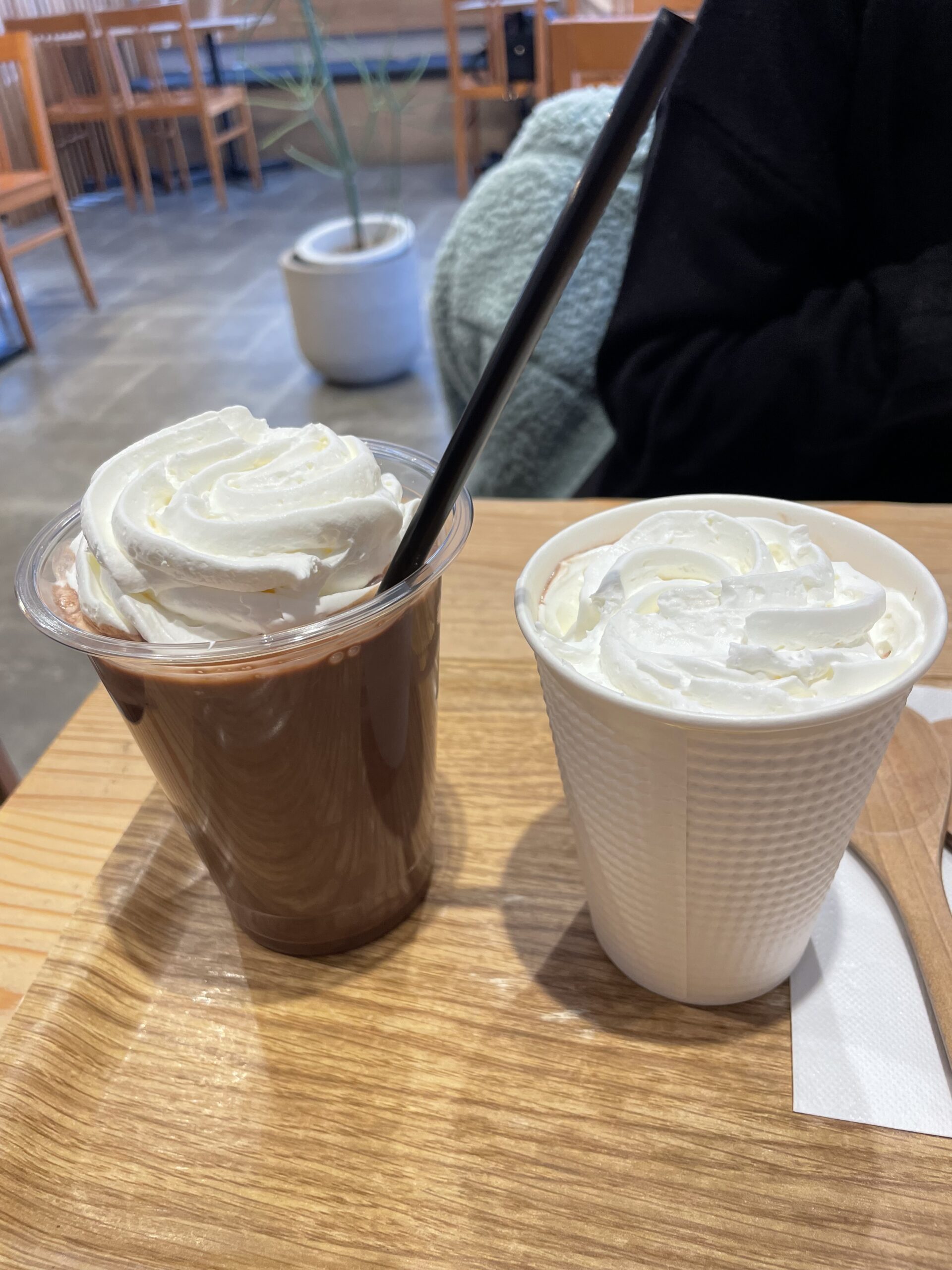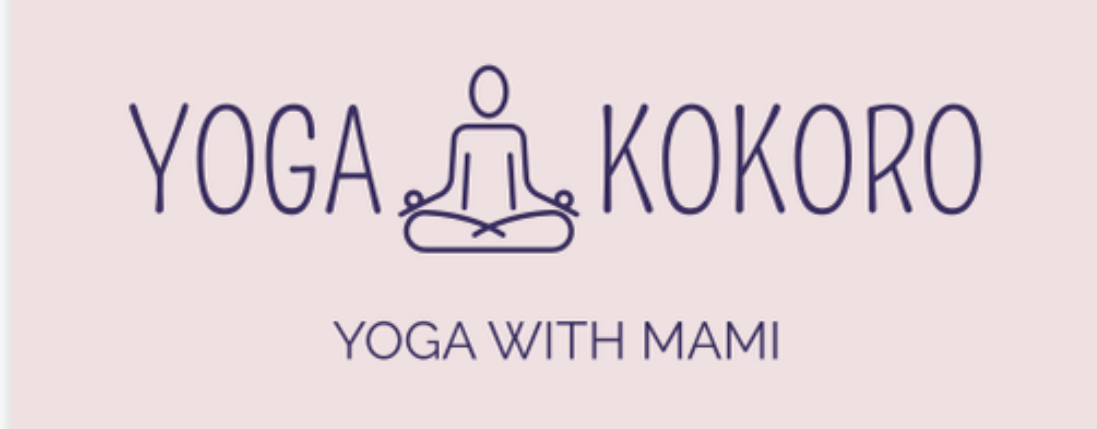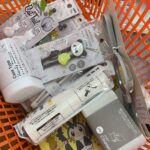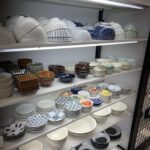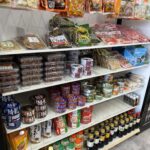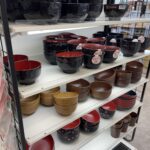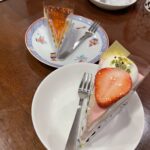Real Bargains in Japan
21.01.2025
Nana and I had made a plan yesterday, to go get our hair done today. Nana typically dyes her hair brown, so she was due for a touch-up, while I just needed a haircut. I’m not sure what the average cost of a haircut is in Australia, but I remember when I used to go to a salon in Clayton, the price was always around $30 per cut. However, the last time I went, I was shocked to see the price had jumped to $60! For me, that’s a bit too expensive, especially since I don’t dye or perm my hair. It just feels like an unnecessary cost for a simple trim. The price increase really made me reconsider where I go for haircuts in the future!
Anyway, today’s haircut only cost $17. My family has been going to that hairdresser for years now. The biggest difference is they do not take bookings. So sometimes you might wait for 30 mins, but other times you are done in 30 mins. It is perfect for a person like me who doesn’t like spending more than an hour just cutting my hair.
After the haircut, we picked Rob up and drove to Hikari City and we went to a 100 Yen Shop called Seria. Rob loves a bargain, and 100 Yen shops are the best place to find them. He has bought so many notebooks, pens etc, we will probably have to pay for excess baggage.
In Japan, there are three major 100 yen store brands that are commonly found everywhere: Can Do, Seria, and the most well-known discount store, Daiso. These stores offer a wide variety of affordable products, from household goods to stationery, snacks, and even seasonal items. Based on my research, there are over 3,000 Daiso stores, around 2,000 Seria stores, and approximately 1,000 Can Do stores across the country.
While many items are similar across all 100 yen stores, each one has its own unique selection of products and areas of focus.
Can Do, for example, is particularly known for cooking accessories, and health and beauty products, including popular items like stick-on nail art. Additionally, Can Do features a wide variety of organisation items, such as storage boxes and drawer organizers, as well as innovative kitchen gadgets and seasonal products that reflect Japan’s cultural celebrations.
Daiso, the largest and most well-known of the 100 yen stores, offers an extensive range of products, including unique Japanese household items, home decor, crockery and cutlery and office supplies. It’s also a go-to store for international tourists looking for quirky souvenirs and novelty items that reflect Japanese culture.
Seria, on the other hand, is known for its minimalistic and stylish approach to household goods. While Seria stores are often smaller in size, they stand out for offering higher-quality products, which are often tucked away in Japanese shopping centers. Many of Seria’s items are made in Japan, and the store has earned a reputation for its sleek designs that often look more expensive than their 100 yen price tag. In fact, Seria is our favorite 100 yen shop.
After spending about 1500 yen in Seria, we headed to Nana’s favourite cheese cake shop. No surprise to Nana, the shop was full of customers and so we reluctantly decided to buy cakes and have them at home. This was a happy decision for Rob as he got to have his coffee at Hamamoto while Nana and I shopped for dinner.
The rest of the day was fairly uneventful, but still relaxing. We all took an afternoon nap to recharge, then enjoyed dinner together. Afterward, we had a nice chat. To top off the evening, we indulged in a delicious slice of cheesecake, the perfect sweet treat to end a peaceful day.
Tomorrow, we’re planning to visit Miyajima Island, so it’s probably a good idea to sign off for the night and get some rest. We want to be well-rested for the adventure ahead, as we’re excited to explore the beautiful island and its famous sights, and food for Nana. Rob is just as excited as he gets to travel there on a densha, a local train, with probably only two or three carriages.
